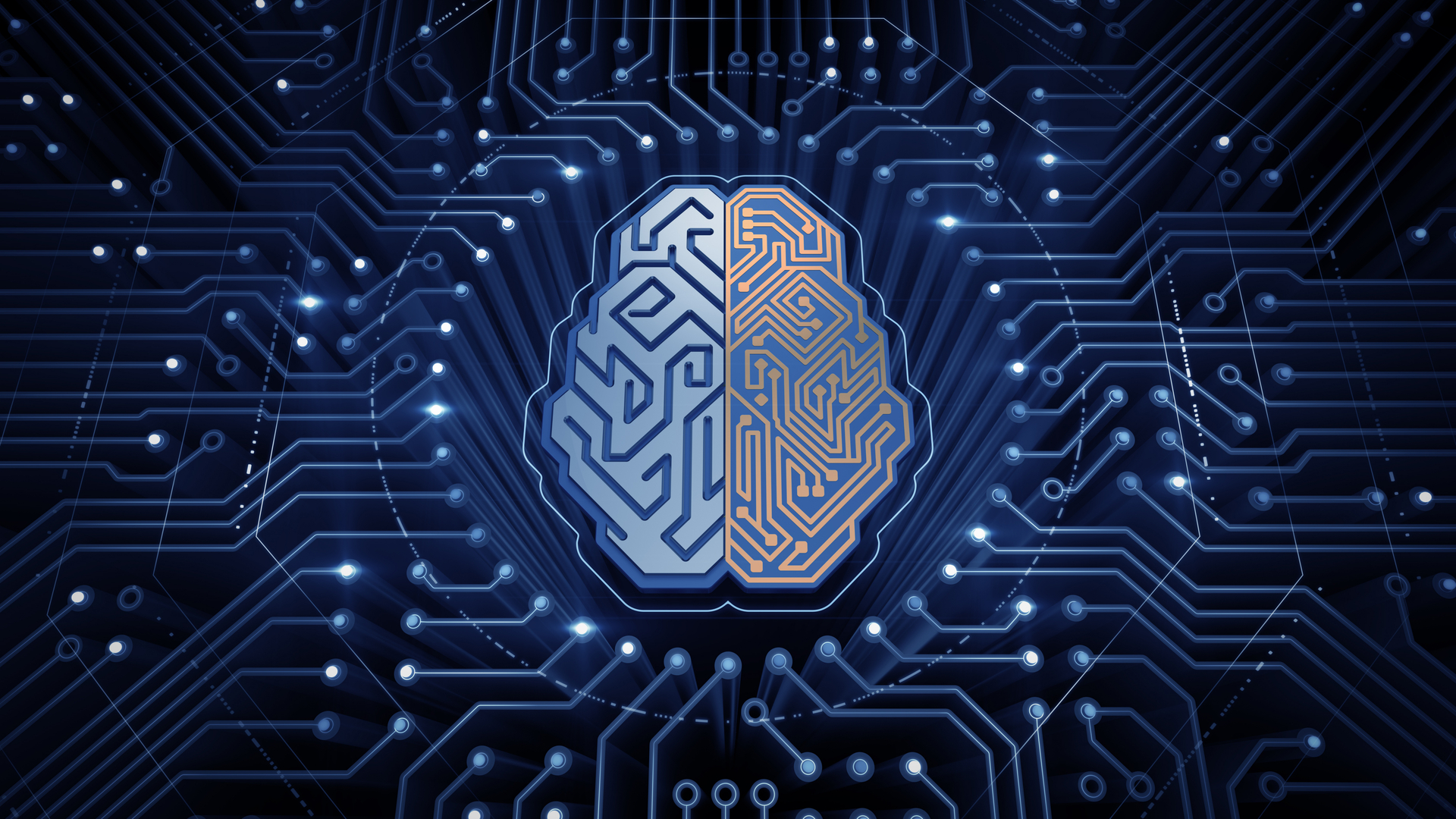This is truly an indication that I’m becoming my parents. I don’t get Twitter. It seems to me that people use it for the same reason people buy People, InStyle,…

This is truly an indication that I’m becoming my parents. I don’t get Twitter. It seems to me that people use it for the same reason people buy People, InStyle, Us Weekly, etc., which I don’t get either. Why are people so interested in the foibles of celebrities? Why do people follow other people on Twitter, especially those they should expect will never follow them? It seems to me that Twitter is a place to match people with self-image and confidence issues together.
I decided that I’d see what “experts” say about this. Those that dealt with why people are fascinated with others’ lives was summarized by Medical Daily as follows:
- Gossip affects the brain. Chinese researchers asked students how each bit of gossip made them feel once they were done. And perhaps unsurprisingly, the students admitted they preferred to hear positive gossip about themselves and negative gossip about their friends and celebrities. However, while they claimed they had no preference over who they heard negative gossip about, scans of their brain activity showed otherwise. Among these participants, the caudate nucleus — a brain region associated with pleasure and reward — showed “moderately strong” activity when the students were told negative celebrity gossip, an increase in activity when compared to hearing negative peer gossip. What’s more, brain scans also showed activity in regions associated with self-control when the participants heard celebrity gossip.
- People like bad news. While celebrity bad news may be our favorite, humans are actually quite eager to read about any type of misfortune. A 2007 survey by the Pew Research Center for People found American news preferences have remained “surprisingly static” over the last 20 years, with war and terrorism being the subjects of the most popular headlines since the study began in 1986. News on bad weather and crime were also notably popular throughout the decades. This propensity for bad news spans the global population. A 2003 study on word association showed that people respond quicker to negative words, such as “cancer,” “bomb,” and “war,” than they would more positive words, such as “smile” and “fun.” This suggests a natural inclination toward the macabre, and news outlets know it — hence the popular journalism phrase, “If it bleeds, it leads.” Our inclination toward bad news is also sometimes termed “negative bias.” We all possess it to some degree, and it’s actually helpful, as it’s a possible side effect of the fight-or-flight response. According to The BBC, bad news acts as a threat, signaling that we need to change our behavior in order to avoid danger. In other words, we love to see what mistakes celebrities are making in their personal lives, so we can then avoid making those same mistakes in our own lives.
- It provides an escape from daily routines. Gossip does more than satisfy an innate human instinct, however — it actually brings us true enjoyment. For some people, learning about the secret lives of people, what happens behind the scenes is a way to escape from their daily routine. The juicier the news, the better.
Stuart Fischer, an emeritus professor of media psychology at the University of UCLA, says preoccupation with the lives of others isn’t exactly unhealthy. In some cases, he says, it can actually be beneficial to our psychology. People who lack social skills, for example, can use gossip as a base to bond with others with the same interests.
On Twitter use in general, Owens Thomas summarized:
The Times of London asked experts about the Twitter phenomenon, and concluded that people use the Internet message-broadcasting service to send 140-character “tweets” relating their most mundane activities because of an underdeveloped sense of the self.
The clinical psychologist Oliver James has his reservations. “Twittering stems from a lack of identity. It’s a constant update of who you are, what you are, where you are. Nobody would Twitter if they had a strong sense of identity.”
“We are the most narcissistic age ever,” agrees Dr David Lewis, a cognitive neuropsychologist and director of research based at the University of Sussex. “Using Twitter suggests a level of insecurity whereby, unless people recognize you, you cease to exist. It may stave off insecurity in the short term, but it won’t cure it.”
For Alain de Botton, author of Status Anxiety and the forthcoming The Pleasures and Sorrows of Work, Twitter represents “a way of making sure you are permanently connected to somebody and somebody is permanently connected to you, proving that you are alive. It’s like when a parent goes into a child’s room to check the child is still breathing. It is a giant baby monitor.”
Politico checked in on the service’s use in the nation’s capital, and found that the vainglorious pundits and lawmakers who crave attention in print and on TV have also flocked to Twitter. The media at large, a class of people who define themselves by the size of their audience, have turned themselves into the Twitterati, building up lists of “followers” as a reassurance that they have an importance that will outlast their dying employers.
But the narcissism of today’s over-communicators transcends one little startup, and goes far beyond the makers of media. The Washington Post profiled Julie Zingeser, a 15-year-old girl who sent and received 6,473 texts in a single month. Her mother worries about Julie’s ability to focus. Sherry Turkle, an MIT professor, worries about deeper issues.
Sherry Turkle, a professor at the Massachusetts Institute of Technology, wonders whether texting and similar technologies might affect the ability to be alone and whether feelings are no longer feelings unless they are shared. “It’s so seductive,” she said. “It meets some very deep need to always be connected, but then it turns out that always being trivially connected has a lot of problems that come with it.”
What do you think this about the emerging governance via Twitter?
So there! Though I signed up for Twitter years ago I have never used it and see no need to use it. Talk about self-esteem!




